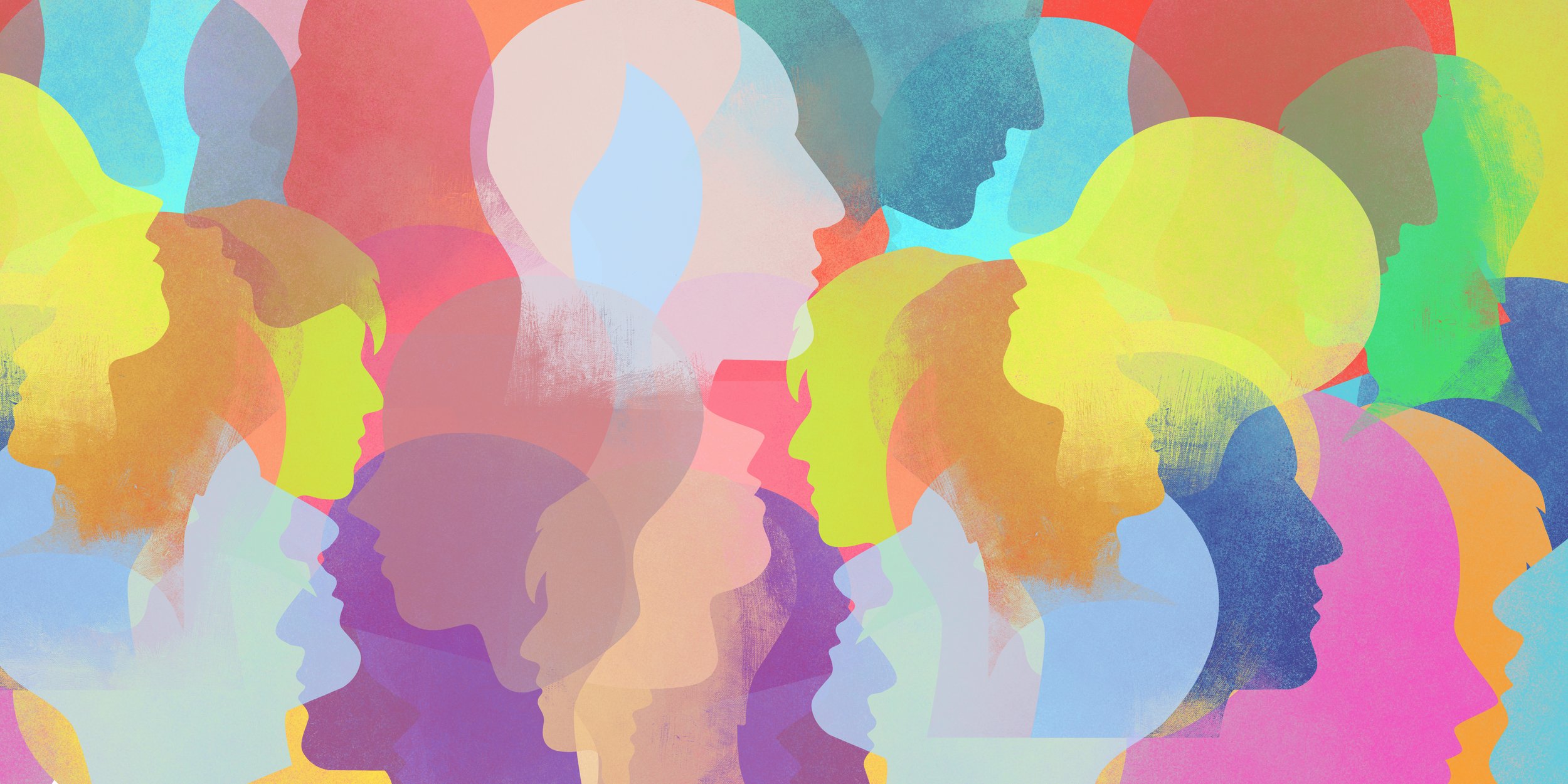Teaching
In my courses, I strive to cultivate students’ sociological imagination by exposing them to what sociologists think and do. I view my students as future sociologists, therefore, my goal as their instructor is to demonstrate how sociology is a powerful tool that they can use to answer their own questions about the social world. In addition, as an Africana Studies professor, I challenge my students to understand the diverse experiences of the US Black community and to cultivate an understanding of how Black studies is relevant for critical thinking and essential for an 21st century education.
Black Capitol:
Black Americans in Congress
The United States Congress is one the most important and influential political institutions in our nation. Since its inception in 1789, Black men and women have been integral to the functioning of the Capitol. Initially engaged as free and enslaved laborers in the construction of the Capitol, Black men and women later secured roles as service workers, including messengers, waiters, and attendants. After the Civil War, African Americans ascended as elected lawmakers and professional staffers. Despite over 235 years of contributions, the roles and achievements of Black Americans in Congress have often been overlooked.
This course is a dedicated exploration into the multifaceted experiences of lawmakers, staffers, and service personnel within the Capitol. By elevating Black perspectives in the examination of Congress, it expands our comprehension of the legislature. Importantly, this course demonstrates how consequential racism and race has been in defining the legislature as an institution, its functioning, and the many struggles for power inside it. On the one hand, it reveals the illiberal dimensions within a democratic institution and the profound impact of inequality on the organization of legislative work. Alternatively, it also uncovers how the inclusion of Black individuals has shaped and strengthened Congress as a democratic institution.
Racism and American Government
This course investigates how the United States government has created and maintained a nation organized along racial lines. First, we study how racism was a crucial element in American political development that shaped how our political system was created and organized. Next, this course focuses on how the federal government has created racial categories and consequently rewarded and punished individuals based upon these racial classifications. Finally, it considers if and how racial justice can be achieved within the American political system.
Class, Status, and Power
This course is about inequality in American society. While there are many approaches to studying inequality, this course analyzes this problem by examining how the construction of class- and status- based identities contribute to an unequal social world. That is, we investigate how individuals go about living their everyday lives and how their lives are structured by their position in the social order.
The pedagogical approach to this course is simple- we will study the intimate lives of different socio-economic groups in American society. We start by observing the lives of elites and then working our way down the socio-economic ladder to understand the lives of those who are less affluent. We focus on the elites, the middle-class, the working class, and the poor. We also explore different racial experiences within these groups. Sociological theory ground these empirical readings. In this course, students learn how to think sociologically about the organization of these social groups. We compare how individuals spend their time, consume goods, reproduce class and status- based-identities, and perceive their own social positions.
Introduction to Sociology:
How to think like a sociologist
In this class, students learn how to think like a sociologist. By this I mean this course prepares students to study how society is organized and the how organization of society shapes individual lives. Students are introduced to the discipline of sociology by surveying what sociologists think and do across various subfields. We cover a variety of topics including social structure, human agency, inequality, culture, gender, sexuality, race/ethnicity, families, education, health and medicine, economics, and politics.
Black-ish and the Black Middle CLass
Since 2014, Black-ish, the popular ABC sitcom about a Black suburban family, has entertained and educated millions of viewers about the complexities of race and racism in American society. The Johnson family has used humor to wade through complex racial topics related to identity, the workplace, school, childrearing, emotional trauma, sexism, and class issues. As a weekly viewer myself I have enthusiastically watched the show and admired how they approach vexing issues with thoughtful consideration and often sociological insights. But occasionally I have thought that the topics they engage only scratch the surface of much more complex issues and that we as an audience could benefit from reading more extensively research from sociology and African American studies. This course is an answer to that problem- it expands on the sociology of the Black middle-class present in the show and provides a more complete profile of the Black middle class today.
In each class, students read important scholarship on the Black middle-class which is paired with a related of Black-ish episode to view. To this end, in each class, we have multiple discussions that center around the Black middle-class broadly and the Johnson family specifically. This dual approach is meant to spur students to critically think about the sociological gaps present in the show and critique academic scholarship and its applicability to the real-world situations.





